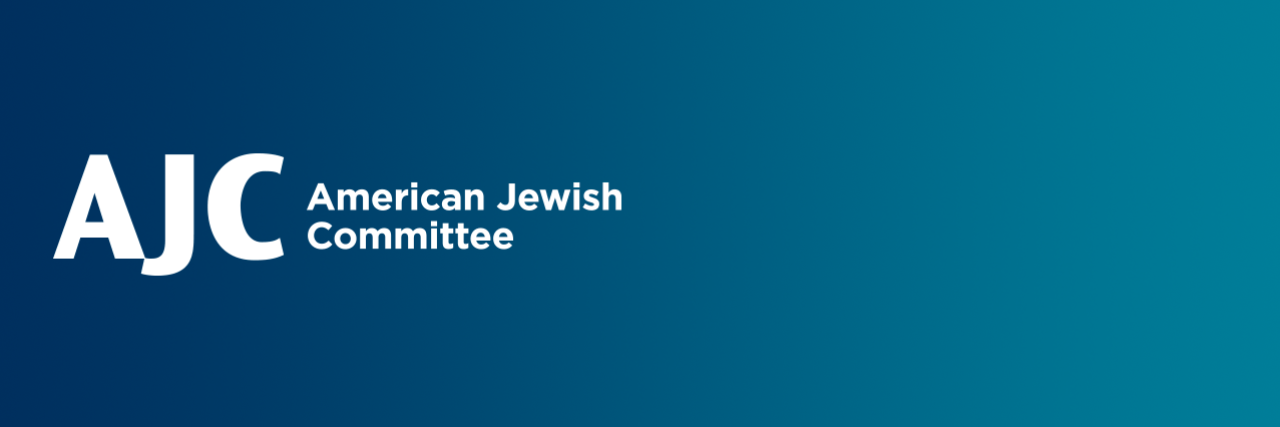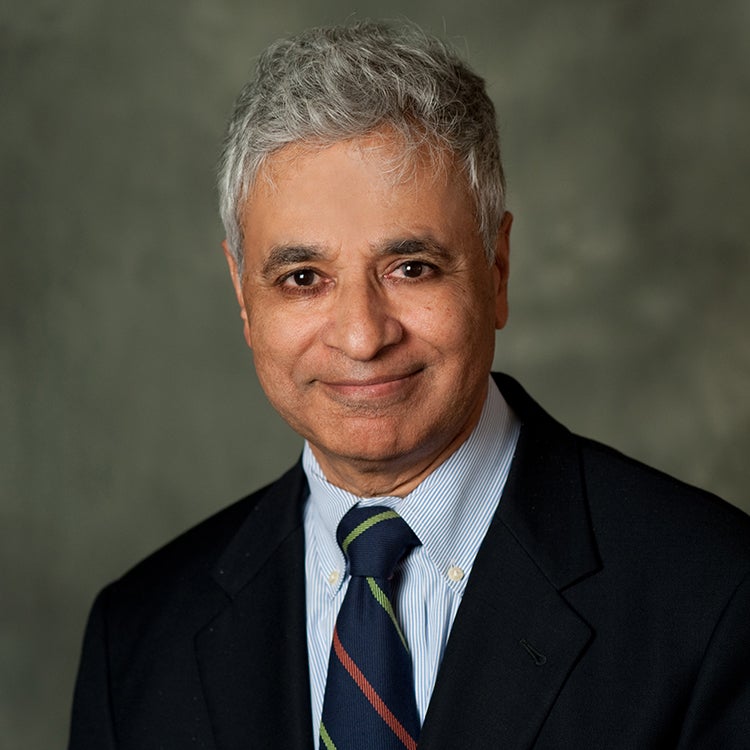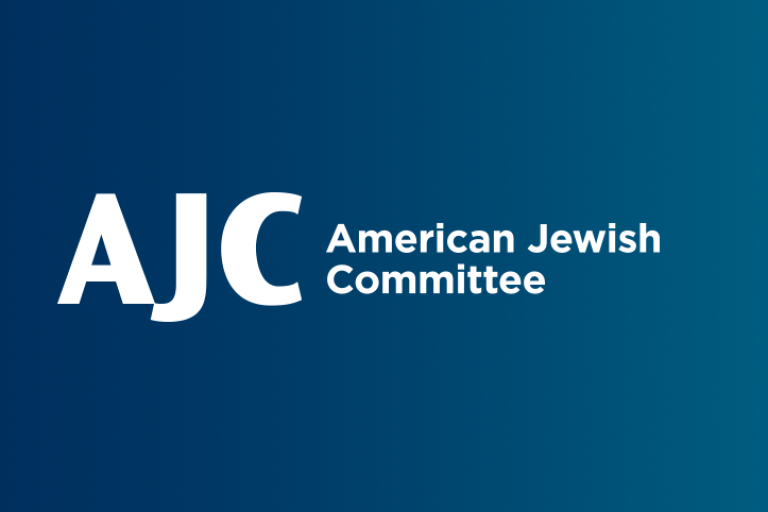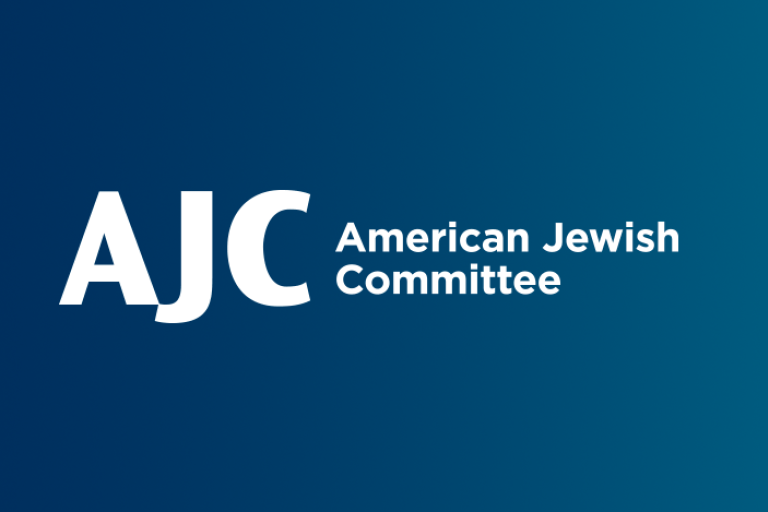May 8, 2022
This piece originally appeared in The Times of Israel.
The Russian war on Ukraine, and the seeming powerlessness of the United Nations to halt it or seriously punish its instigator because of the veto power that the Russian Federation wields in the UN Security Council, has reignited a long-running debate about reforming the world body’s most important organ.
The UN Charter states that “The Organization is based on the principle of the sovereign equality of all its Members.” But the Charter also grants permanent membership and veto power in the Security Council to World War II’s five victorious powers. In the eyes of many member states, this makes the UN inherently undemocratic.
In 1950, the General Assembly, following repeated Soviet vetoes regarding the war in Korea, adopted the “Uniting for Peace” resolution. It stipulated that “if the Security Council, because of lack of unanimity of the permanent members, fails to exercise its primary responsibility for the maintenance of international peace and security,” an emergency special session of the General Assembly could be called within twenty-four hours. However, since emergency special session resolutions are not binding or enforceable, they have never become an alternative to Security Council resolutions.
On April 26, the General Assembly adopted a resolution by which it will meet and hold a debate every time a veto is cast in the Security Council. The resolution is meant to compel permanent members to defend their decision to cast a veto, but the General Assembly does not have the authority to reform the Council, including curtailing the veto power. Any such reform would entail changes to the UN Charter, which are subject to approval by two-thirds of UN member states, including all five permanent members of the Security Council.
When the UN was established in 1945, with 51 member states, the Security Council was composed of eleven members, five of which were permanent and six non-permanent serving a two-year term. During the next 20 years, UN membership grew to 120 countries. To reflect this growth, four additional rotating seats were added to the Council in 1965, bringing the total number of Council members to 15. Today, the UN has 193 member states, yet the Security Council has remained the same.
Over the past 40 years, there have been various proposals to expand the Council’s membership to between 21 and 26. Italy at one point had suggested that instead of adding new permanent and non-permanent seats, ten semi-permanent seats be added, with no veto power, to be rotated among thirty mid-level powers. A high-level panel in 2004-05 offered a complex package of alternatives, one of which suggested the creation of new categories such as six permanent seats without a veto power, or eight four-year memberships. In 2015, France, with the support of Mexico, launched an initiative aimed at suspending veto powers in cases of mass atrocity. Despite years of negotiations, none of these ideas materialized.
In the mid-1990s, the Clinton administration endorsed expanding the Council to 20-21, including five new permanent members: Germany and Japan from the industrialized nations, plus three regional powers from Asia, Latin America, and Africa, respectively. This proposal has not advanced for two reasons. First, the Non-Aligned Movement has demanded a larger increase (at least eleven additional seats); and second, the regional groups have been unable to agree on which countries should be eligible for the additional permanent seats. In each regional group, more than one regional power aspires toward a permanent seat: in Asia – India, Indonesia, and Malaysia; in Latin America – Brazil, Argentina, Mexico, and others; in Africa – Nigeria, South Africa, and Egypt.
In reality, none of the current five permanent members wants to expand the Council, as it would dilute its own power and make the work of the Council more complicated. At the same time, none is openly opposed to change, understanding that such a position would be damaging to its standing in world public opinion.
During his recent visit to Ukraine, UN Secretary-General Guterres conceded that “The Security Council failed to do everything in its power to prevent and end this war. This is a source of great disappointment, frustration, and anger.” He then added: “I have not the power to reform the Security Council. I have no illusions about the possibility to do it immediately, but I will do everything I can through making the UN as effective as possible in situations like these to at least compensate for a failure that I cannot solve.”
There can be no doubt that any just and sustainable international order must include a Security Council that is efficient, effective, credible, and legitimate. However, these four imperatives are not necessarily compatible. The challenge facing the UN, and the international community at large, is how to make the Security Council more credible and legitimate, while ensuring that it does not become even less efficient and effective.
Aaron Jacob is American Jewish Committee (AJC) Director of Diplomatic Affairs. From 1998-2002, he served as Israel’s Deputy Permanent Representative to the UN at the rank of ambassador.



